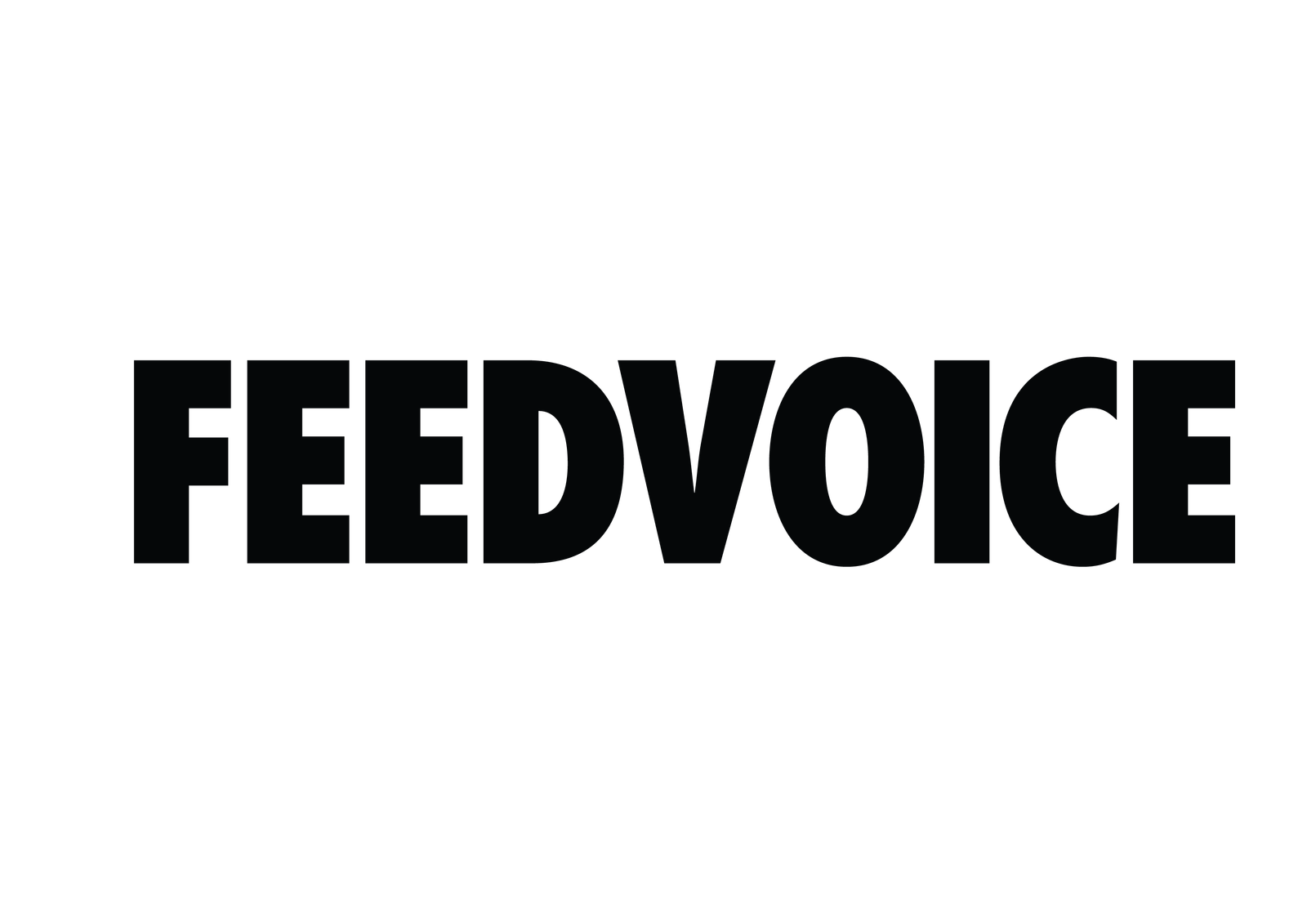Titles don’t matter in a company.
Bob Green
Meet Bob Green, founder of The Alternative Board. He’s led business growth from the war room to the board room. Guiding people through the launch of new product lines and post-merger integrations. All of this has taught him the value of mindset, accountability, and process. The growth of your company can be an amazing thing. However, too often he’s seen it bring on feelings of chaos and a fear that things are spinning out of control. It doesn’t have to be this way.
As CEO of The Alternative Board North Shore, he will help you build a company that can thrive without you and creates more cash.
Let’s learn a little about you and really get to experience what makes us tick – starting at our beginnings. Where did your story begin?
Bob Green: Being in a restaurant business with my parents was a great lesson in ownership. None of us had ever owned a business before or had any restaurant experience. So, we were the ones learning from day one after the acquisition of the business how this all works. There’s no way to fake it until you make it in that business. We hired people with restaurant experience and quickly learned that a great business is more than a collection of skills. I learned the value of listening to those people who know and building a process that improves with iterations.
Another lesson from those people who joined us on the journey is the value of being a teacher and sharing the lessons that you’ve learned. They, in return, will share your passion when they know how it works, and what they can do with it.
Can you tell us a story about the hard times that you faced when you first started your journey? Did you ever consider giving up?
Bob Green: The business was becoming a commodity. I was coming into the office earlier, just trying to solve this problem and push aside the feeling of loneliness in that quiet time before the buzz in the office started. One morning, I was walking through our receiving area and noticed a stack of client requests about three feet tall. I couldn’t believe that they had been sitting there for weeks. I read a few of them and realized that this could be the next big move that we were looking for.
Being curious, I asked a few people what they knew about those requests. What I learned was a shared fear of failure, and ignoring them was just easier for those who were aware. Early one morning I picked up one of those requests to figure out whose help I would need to get one done. One person at a time, I formed the ad hoc team to get this job done.
The team was fantastic, and I learned that they were feeling a similar loneliness too. But, for them, it was a feeling that they would be bothering someone if they asked for help outside of their immediate group. I realized that we were constraining ourselves within those silos of knowledge. We didn’t need to break down any silos, but we did need to build some bridges between them. Our clients seemed to believe that we could do that before we did.
From that loneliness and feeling of being a commodity, we built a new repeatable process together that was truly valuable to our clients. That job that I was modeling to build those bridges became a full-time position for 18 new hires in one year.
Often leaders are asked to share the best advice they received. But let’s reverse the question. What’s the worst advice you received?
Bob Green: Titles don’t matter in a company. It was advice from a mentor, and I didn’t think much about it at first. What I learned shortly after hearing that advice is how much it affects people’s ability to lead and influence change. There is a real difference in the hierarchy between a general manager and a vice president. I saw the tension that it caused within his operations. That pressure made it right down to employees’ desks. Some of them had written and posted, “Shut up and do your job” on a piece of paper as a daily reminder in their workspace.
The Controversial Amazon Leadership Principles Jeff Bezos Wanted to Keep Secret
Resilience is critical in critical times like the ones we are going through now. How would you define resilience?
Bob Green: Resilience is a commitment to run up a hill that you don’t see ahead of you.
I think of resilience in the context of marathon training. When I trained for that first marathon, I noticed that the training schedule never included running a full marathon distance (26.2 miles). So when I ran that first marathon, those last 4 miles were a lesson in resilience for me. The pain was unlike anything I had ever felt before. Then with about a mile to go, I made a sharp right turn and there was that hill that I never saw coming. Just like in business, you prepare as much as you can, then go out and run with what you know. It will get messy and painful out there, but don’t get mad, just remember your commitment to get over that hill and learn what you didn’t know at the start.
In your opinion, what makes your company stand out from the competition?
Bob Green: We believe in the value of building a great life and company with owners. Owners feel what you might call “care fatigue” among too many things in business and life. A key contributor to that stress is how much that business relies on the owner for continued success.
We begin with understanding what motivates someone as an owner. It’s more than utilizing expertise or filling a big bag with money. Then we begin the process of building the lifetime value of their business and their customers. We consistently evaluate their business through the lens of an acquirer. We do this for two reasons:
- to create that freedom for the owner as they define it and avoid that nagging feeling of “care fatigue”
- to build company value that creates financial independence for the owner and sustainable growth for that business.
Being in business with my parents was a powerful lesson that business and family go hand-in-hand. The business may even be your family. Just like a family, all of this dialogue and progress happens in a confidential setting where no one has to worry about defending themselves, or being lost in a crowd.
You are a successful business leader. Which three character traits do you think were most instrumental to your success?
Bob Green: Confidence, to act and persist even in the face of fear. Humility, to know when to ask for help and listen to others. Faith, to acknowledge that God will lead the way.
What Makes a Good Team Leader? A Guide to Effective Team Leadership
What have you learned about personal branding that you wish you had known earlier in your career?
Bob Green: Early in my career I thought that personal branding was about getting attention. But it really is about creating value among us within a community. The outcome, I’ve learned, is the “power of we”, instead of me.
How would you define “leadership”?
Bob Green: The ability to teach and empower other people to thrive.
What Is Leadership Today? Situational Tools to Help Enhance Your Power
Do you think entrepreneurship is something that you’re born with or something that you can learn along the way?
Bob Green: I think creativity is something that you’re born with and you learn entrepreneurship by creating something, and overcoming struggles along the way.
What’s your favorite “life lesson” quote and how has it affected your life?
Bob Green: “If you’ve only run four miles, just run more than four, and then you have no limits.” This was advice that inspired me to train for and complete my first marathon. It was in response to my question to a woman who had completed a marathon with the Leukemia and Lymphoma Society’s Team in Training. I asked, “how did you train to run that long-distance?” She asked, “what’s the longest distance you’ve run?” I said, “four miles.” Her response was simple and powerful. The morning after I received that advice I ran six miles. It is a great reminder of how to overcome a limiting belief in life.
This interview was originally published on ValiantCEO.


